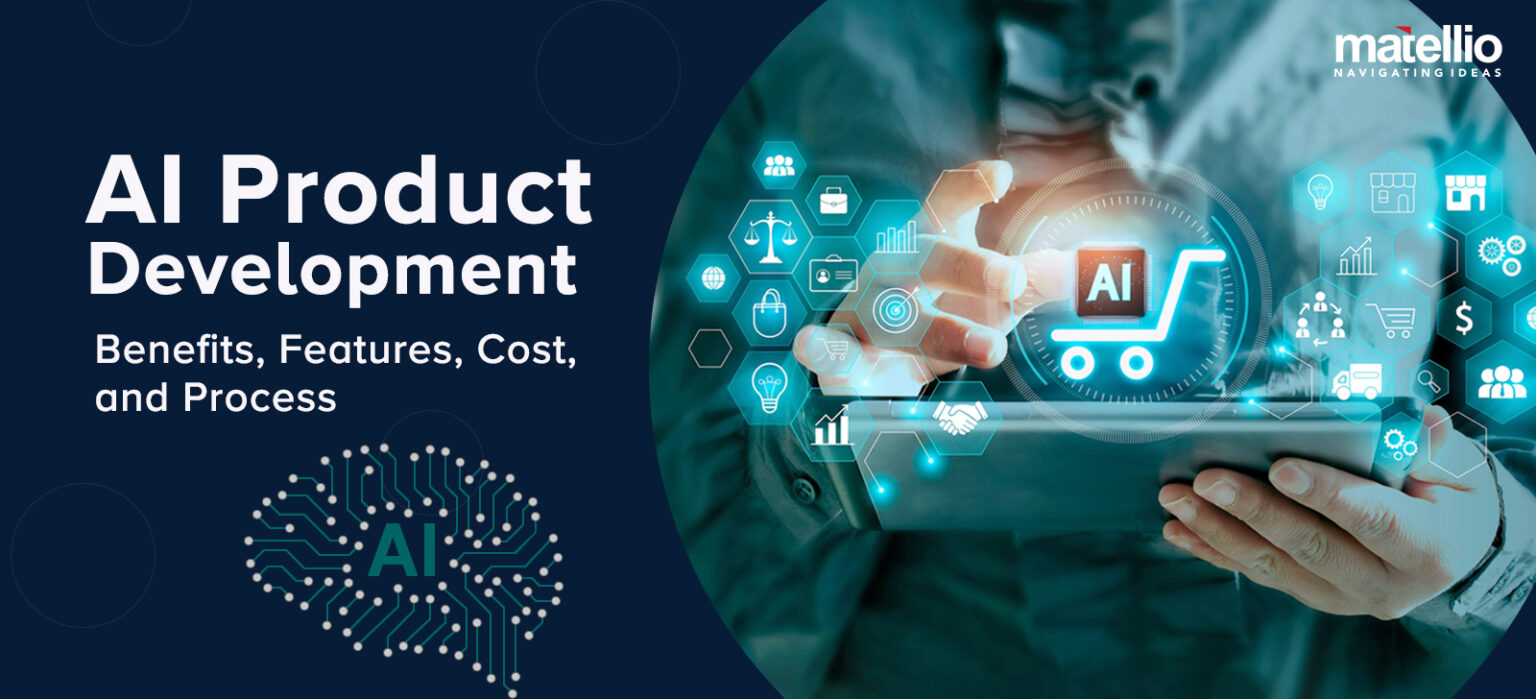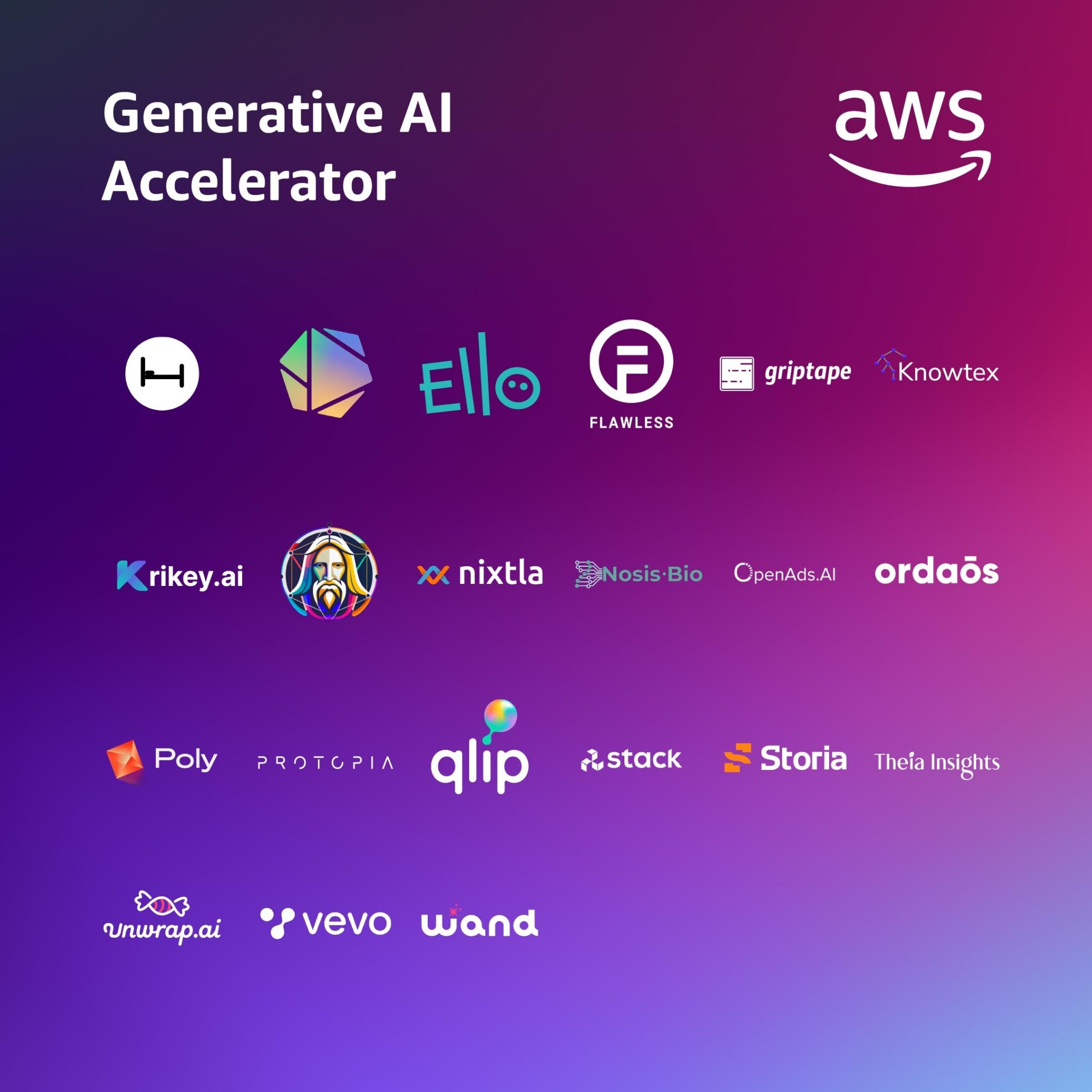
7+ Top Business Opportunities in AI to Watch (and Capitalize On!)
Artificial intelligence is no longer a futuristic buzzword; it’s a present-day reality actively reshaping industries and creating a wealth of tangible business opportunities. As we navigate 2025, the AI market continues its explosive growth, with some estimates projecting the global AI market to grow from over USD 200 billion in 2024 to over USD 1.8 trillion by 2030. This isn’t just about big tech; opportunities abound for savvy entrepreneurs and existing businesses ready to innovate. Many companies are already leveraging AI to boost productivity, enhance customer experiences, and unlock new revenue streams.

If you’re wondering where the most promising AI ventures lie, you’ve come to the right place. We’ve compiled a list of top business opportunities in AI that are ripe for the taking.
1. Streamline Operations with AI-Powered Automation Tools
One of the most immediate and impactful AI opportunities is in business automation. AI-powered workflow automation tools are helping companies slash manual task loads by up to 60%, freeing up human capital for more strategic work. Platforms like Zapier, which connects over 7,000 applications, exemplify this trend by enabling seamless cross-platform process automation. Specialized tools like Salesforce Einstein GPT are achieving remarkable results, such as generating sales forecasts with 89% accuracy and automating customer service responses. Even marketing is getting a major boost, with HubSpot’s Breeze AI suite generating personalized email campaigns that see 38% higher open rates.
The return on investment for these automation tools can be impressively quick, with average cost recovery periods of just 3-5 months due to significant operational efficiency gains. It’s no surprise that Fortune 500 companies are increasingly relying on AI chatbots, which now handle 42% of routine inquiries.
2. Solve Niche Problems with Tailored Industry-Specific AI Solutions
AI’s power truly shines when it’s applied to specific industry challenges. Generic AI is useful, but custom-tailored solutions are where significant value is unlocked. This is a core belief at AI Product Accelerator, where we emphasize that domain experts—people with deep industry knowledge—are perfectly positioned to build AI tools that solve focused, high-value problems within their niche. For instance, a supply chain manager, leveraging their expertise, could create an inventory optimization tool that rapidly generates substantial income, as highlighted by a case study where such a tool outperformed a traditional salary within months.
Consider these sector-specific examples:
Healthcare: AI is revolutionizing diagnostics and treatment. Nuance’s Precision Imaging Network analyzes medical images with 98.3% accuracy, sometimes detecting anomalies missed by human radiologists. In drug discovery, AI like AlphaFold 3 is dramatically cutting development timelines from years to months and increasing success rates. AI-driven drug discovery is projected to slash development timelines by 40% and boost success rates by 20%.
Manufacturing and Retail: Smart manufacturing systems are automating up to 92% of compliance documentation and reducing supply chain errors. Retailers are using AI-powered customer analytics to personalize shopping experiences, leading to 40% higher average order values. Inventory management AI is also reducing stockouts and waste.
Energy: Companies like Dresser Natural Gas Solutions are using no-code AI automation from platforms like FlowForma to achieve 50% faster compliance reporting.
Corporate Training: AI-powered platforms are personalizing learning paths. Schneider Electric’s Open Training Market, for example, generates 300,000 monthly course completions, boosting workforce productivity.
3. Revolutionize Your Content and Marketing with AI
The AI content creation market is booming, projected to grow significantly in the coming years. The global generative AI in content creation market was estimated at USD 14.84 billion in 2024 and is expected to grow at a CAGR of 32.5% from 2025 to 2030. AI in the marketing industry alone is worth an estimated $47.32 billion in 2025. Platforms like Jasper AI can produce vast amounts of text and cut editing time substantially.
More importantly, AI-optimized content often performs better, achieving 83% higher engagement rates, 47% longer page view durations, and 58% increased social sharing. AI-driven personalization is a key factor here, with companies reporting 40% higher average order values. This has led to the rise of a new niche: AI content editing services, which are expected to become a $120 million market by this year, 2025, commanding premium rates for transforming generic AI output into engaging, brand-aligned narratives. However, ethical considerations are vital, as 67% of consumers demand disclosure when interacting with AI-generated content.
4. Enhance Customer Experience with Custom AI Agents and Virtual Assistants
AI-powered chatbots and virtual assistants are no longer just for simple Q&A. They are becoming sophisticated tools for various business functions, with 42% of enterprises deploying them for customer service and internal operations. Modern AI chatbots can handle a large percentage of customer conversations from start to finish. By 2026, conversational AI in contact centers is predicted to reduce agent labor costs by $80 billion.
Customizable platforms like Botpress enable the development of industry-specific agents for tasks ranging from patient intake in healthcare to loan processing in banking. Salesforce’s service automation agents can resolve up to 83% of tier-1 support inquiries without human intervention. In personal finance, assistants like Tendi and Cleo analyze financial data to provide real-time insights and help users manage debt. Even luxury brands like Mercedes-Benz are using virtual assistants to handle hundreds of thousands of monthly interactions, significantly reducing call center volume.
5. Make Smarter Decisions with AI-Powered Predictive Analytics
The ability to forecast trends and make data-driven decisions is invaluable, making predictive analytics one of the fastest-growing AI business opportunities. This market is projected to reach $52.91 billion by 2029, growing at a remarkable 26.3% CAGR. Services in this space focus on transforming historical data into actionable insights.
For example, Mobiz’s solutions have demonstrated a 45% improvement in supply chain forecasting accuracy and a 33% reduction in customer churn. The financial sector heavily relies on these models to prevent fraudulent transactions and optimize credit approvals. In construction, AI can predict resource requirements with 92% accuracy, reducing project delays significantly. Retailers also leverage customer analytics for dynamic pricing optimization, increasing margins without deterring sales. The rise of ethical AI specialization, helping businesses avoid bias in these predictive models, is itself becoming a substantial service niche.
6. Revolutionize Personal Wealth Management with AI
AI is making sophisticated financial advice and investment management more accessible. Robo-advisors now manage trillions in assets globally, with the market projected for continued strong growth. Platforms like Betterment and Wealthfront attract investors with low fees and minimum deposits. The AI-powered personal finance management market is expected to grow from $1.63 billion in 2025 to $2.37 billion in 2029.
Beyond automated investing, AI-driven behavioral analysis can identify shifts in spending patterns weeks before users might notice financial trouble, enabling proactive interventions that reduce debt. Investment management tools like Personal Capital offer features such as tax-loss harvesting, which can boost annual returns. As with all financial tools, security and compliance are paramount, with platforms investing heavily in bank-grade encryption and fraud prevention.
7. Personalize Learning and Development with AI in Education and Training
The education and corporate training sectors are ripe for AI-driven transformation. Adaptive learning platforms, a market expanding at over 21% CAGR, use AI to customize coursework based on individual student comprehension, reducing the time to master concepts by 40% and improving knowledge retention. The global EdTech market is expected to reach nearly $600 billion by 2032.
In corporate settings, AI-powered training programs are boosting learning efficiency by 57% and significantly cutting onboarding times. AI teaching assistants are increasingly common in higher education, handling a majority of routine student queries and freeing up professors. As AI adoption accelerates in education, AI-enabled solutions are tackling challenges at every stage of the learning journey.
The Future is AI-Driven and Niche-Focused
The landscape of AI business opportunities is vast and expanding rapidly. From workflow automation delivering quick ROI to predictive analytics promising high growth, there’s a niche for various entrepreneurial ventures.
As AI Product Accelerator champions, the key to success often lies in addressing specific, high-value pain points with focused AI solutions rather than attempting broad, generic applications. Specialized applications tend to command higher valuations and foster greater customer loyalty. The ongoing evolution of AI points towards a future where AI-human collaboration frameworks become central, especially in knowledge-intensive fields where expert judgment complements algorithmic power. For non-technical professionals with domain expertise, the time to explore building profitable, niche AI tools has never been better.
If you’re a non-technical professional ready to turn your domain expertise into a profitable, niche AI tool, the AI Product Accelerator offers a 12-week program designed to guide you from idea to launch, no coding required. Learn how to build your AI solution and capitalize on the opportunities of today.

/read more
Related Articles


Mastering the Best AI Product Development Techniques

